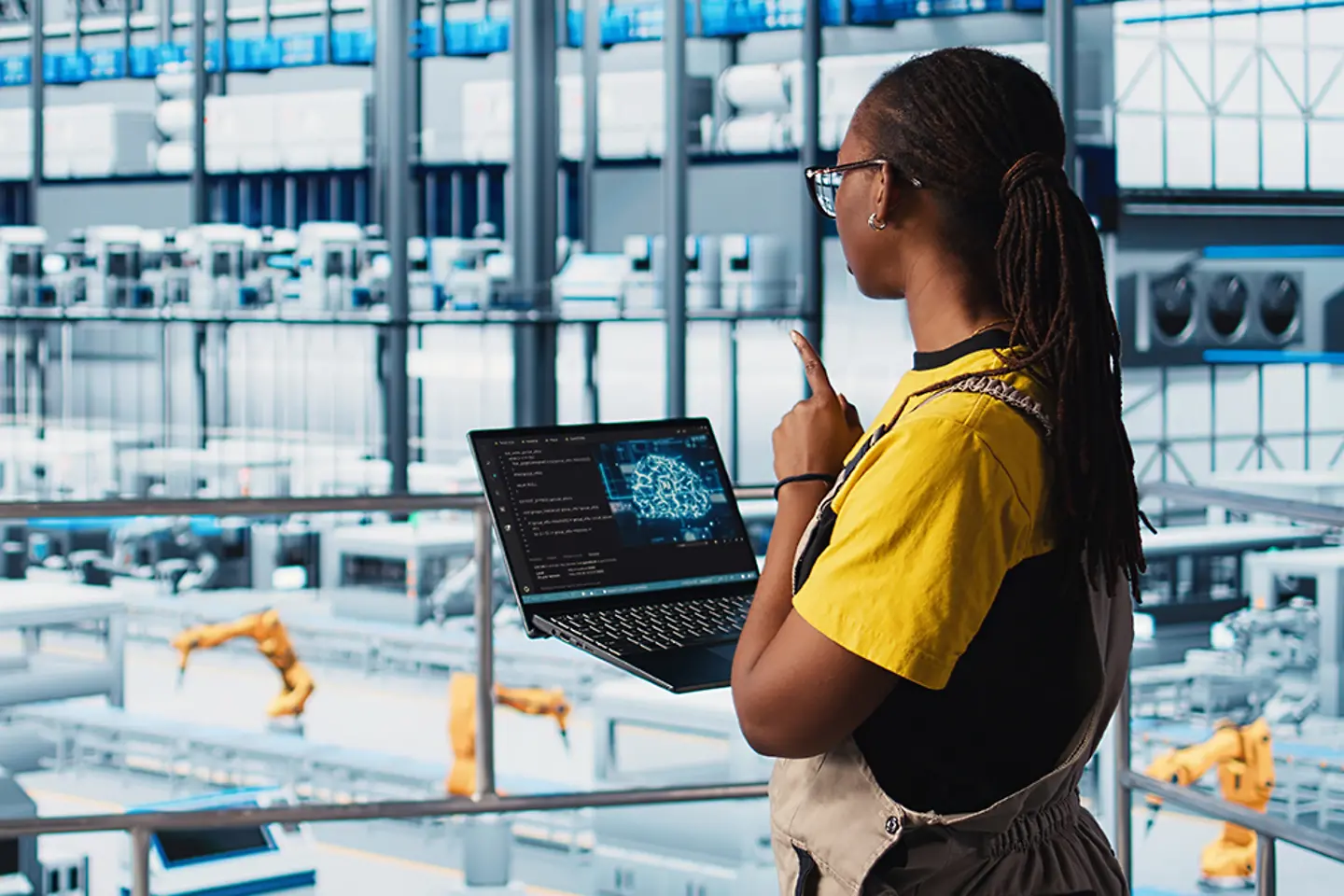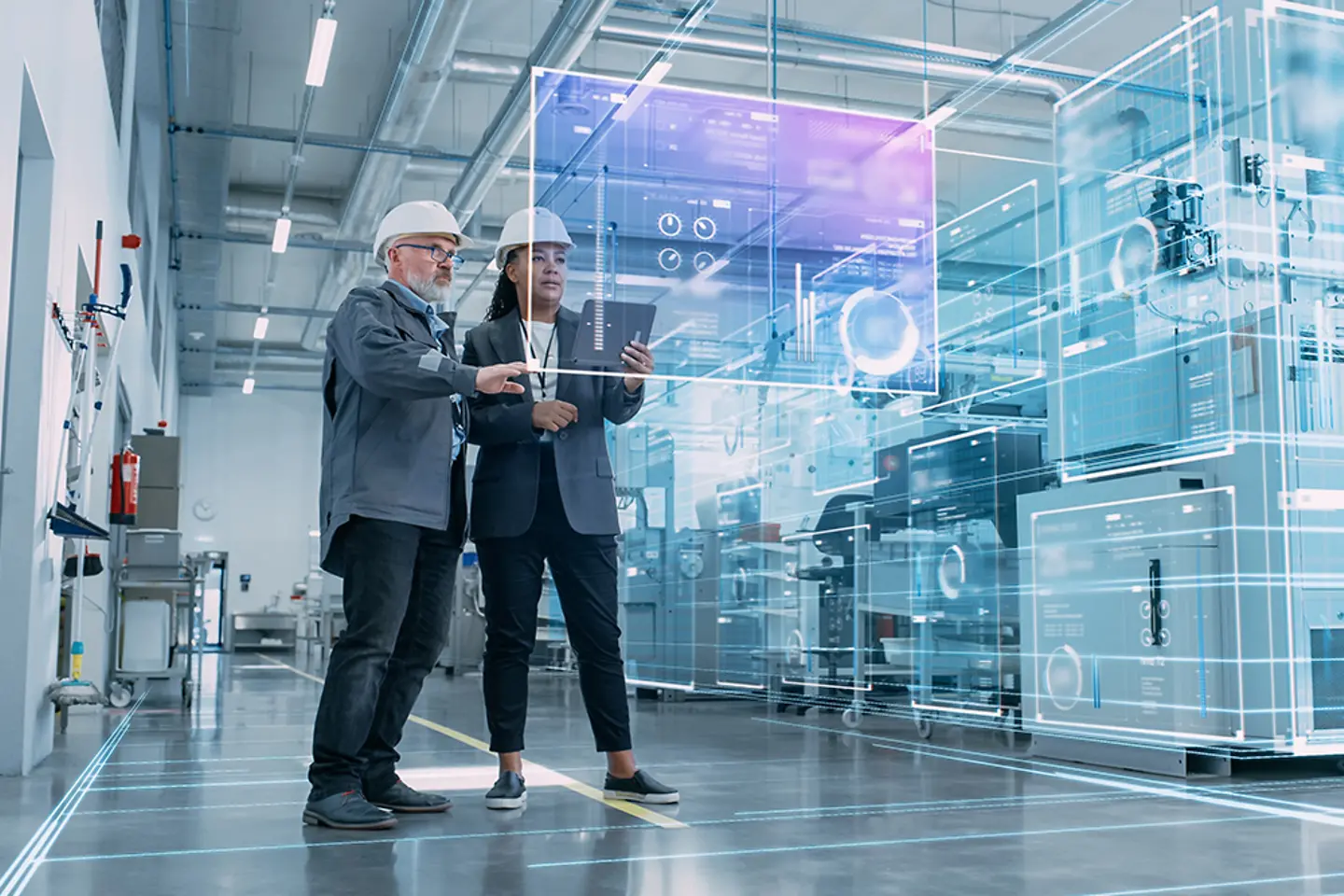
The pressure to modernize manufacturing IT landscapes is immense. Yet for many manufacturers, migrating to next-generation SAP platforms feels more like a necessary burden than a strategic leap forward. While SAP advances with its latest SAP Business Suite and AI features, most manufacturers are far from ready. The reasons? Transformation is resource-intensive, complex, and fraught with risks.
Every migration opportunity imposes a heavy operational burden for manufacturing companies:
Manufacturers are riddled with questions: What’s next after implementation? When do we start innovating again?
The answer is complex. External pressures such as geopolitical instability, supply chain risks, and competition continue to push manufacturers to modernize. Yet, their core systems remain difficult and expensive to overhaul.
A commonly discussed challenge for the manufacturing industry is energy consumption. Manufacturers are also under pressure to digitalize, because every new system adds to their energy bill. Production floors already consume massive amounts of energy. Layering digitalization and automation, not to mention AI, only amplifies energy demands. Ironically, the very innovations designed to make operations more efficient could exacerbate cost pressures unless managed wisely.
But can intelligent automation reduce human workload during SAP migrations? Can AI handle testing, data cleansing, or system integration? Possibly. But today, AI in manufacturing largely stays outside the SAP landscape. It’s more focused on predictive maintenance or quality inspections rather than core ERP transformation. For now, the human effort in SAP transformations remains huge.

So, here is the hard truth: there isn’t a one-size-fits-all approach for SAP transformation in manufacturing. Each organization has its unique legacy systems, production constraints, and resource gaps.
A reliable partner can recognize this. While SAP provides the technology roadmap, manufacturers must chart their own paths. The earlier an experienced SAP partner is involved, the better the support to map dependencies, evaluate sovereign vs. hyperscaler strategies, and structure transformation plans that are realistic, resource-conscious, and phased.
Success story: With thorough planning, early alignments, and precise execution, T-Systems helped transform TDK’s SAP core systems in just one week.
SAP transformation goes far beyond technology because it spans strategy, processes, architecture, and organizational change. While SAP often recommends RISE with SAP as the path forward, it’s essential for manufacturers to understand what this entails, and which option suits their specific needs.
RISE with SAP is available in two delivery models: Packaged and Tailored. In the Packaged Option, SAP provides technical managed services exclusively on hyperscalers. In contrast, the Tailored Option allows the customer to choose a Premium Supplier such as T-Systems to handle technical managed services and provide private cloud infrastructure. A key differentiator here is infrastructure flexibility: with only T-Systems, customers can choose not only hyperscalers, but also our own RISE-certified Private Cloud.
With these options to choose from, evaluating your transformation early and thoroughly becomes critical:
This is where T-Systems’ Value Consulting approach brings clarity and structure. From the critical early phase of your SAP transformation to assessing your business across six focus areas (strategy, innovation potential, processes, architecture, data migration, and organizational readiness), our approach delivers:
Project and resource planning, including preparatory activities and internal/external budget estimates
By jointly evaluating options, T-Systems can help you make informed, transparent, and confident decisions.
Data privacy, compliance, and sovereignty become non-negotiable for manufacturers looking to digitalize. Regulations such as GDPR demand strict control over personal and operational data. Sensitive manufacturing information, financial data, and production IPs must remain secure and, in many cases, geographically localized.
With T-Systems’ Private Cloud solutions, manufacturers don’t need to choose between modernization and control:
“You’ll always be smarter afterwards,” is one of the most honest insights from the manufacturers we work with. Every SAP transformation teaches lessons. But the goal should be to make the right decision with the information you have today and not to wait indefinitely for perfect clarity. Flexibility, not perfection, is the strategic advantage.
Manufacturers will always need knowledgeable teams to steer their SAP transformation and fulfill their Industry 4.0 vision. The future of manufacturing is connected, digital, and yes, energy-conscious. But it won’t be built by AI alone. It will be built by smart partnerships, thoughtful planning, and the willingness to rethink how transformation is done. In an era where every decision feels risky, having the right partner matters. At T-Systems, we are here not just to implement, but to think, plan, and transform alongside you.
1 Business Transformation Unlocked – Maximizing the Benefits of SAP S/4HANA, Horvath, 2025, online
2 SAP S/4HANA Migration 2025, SAPinsider, 2025, online